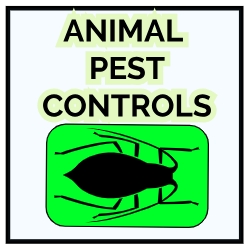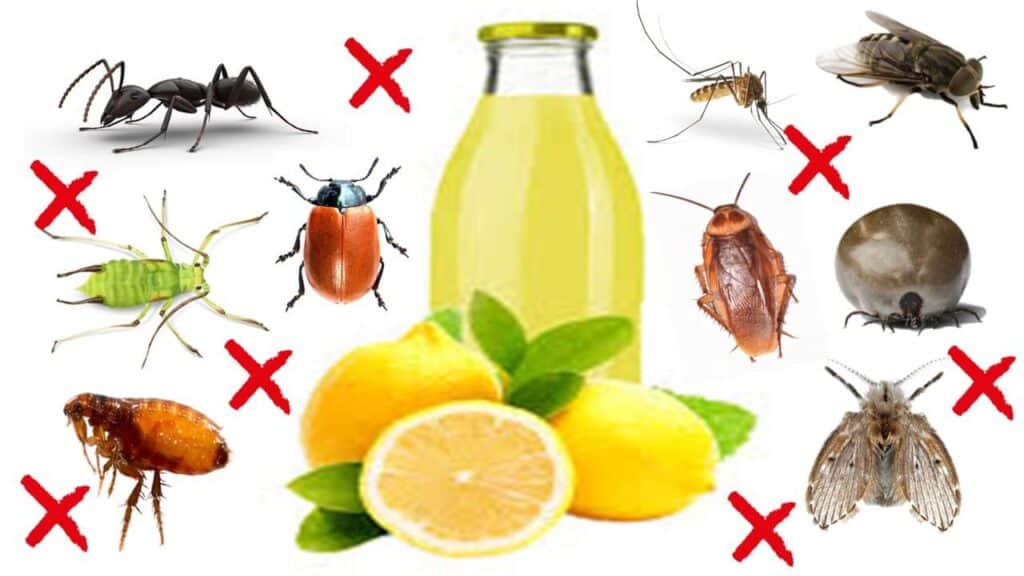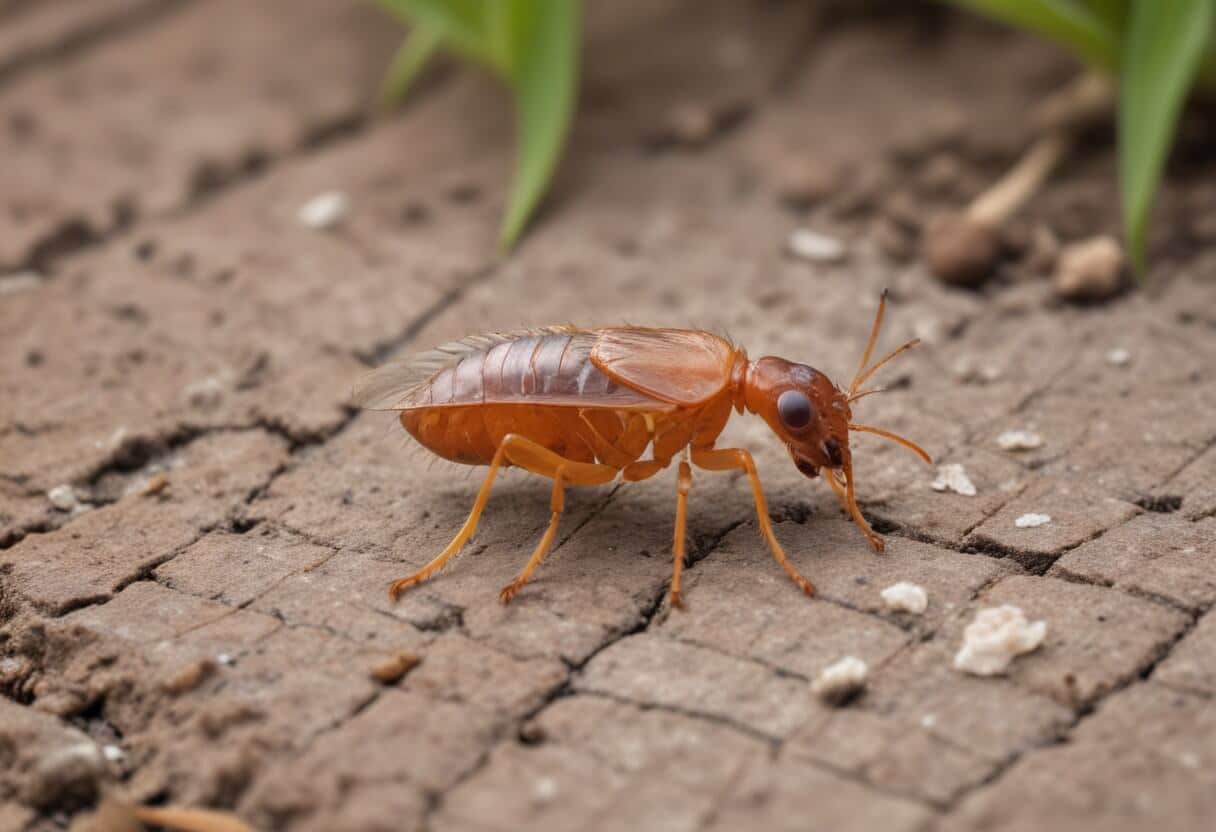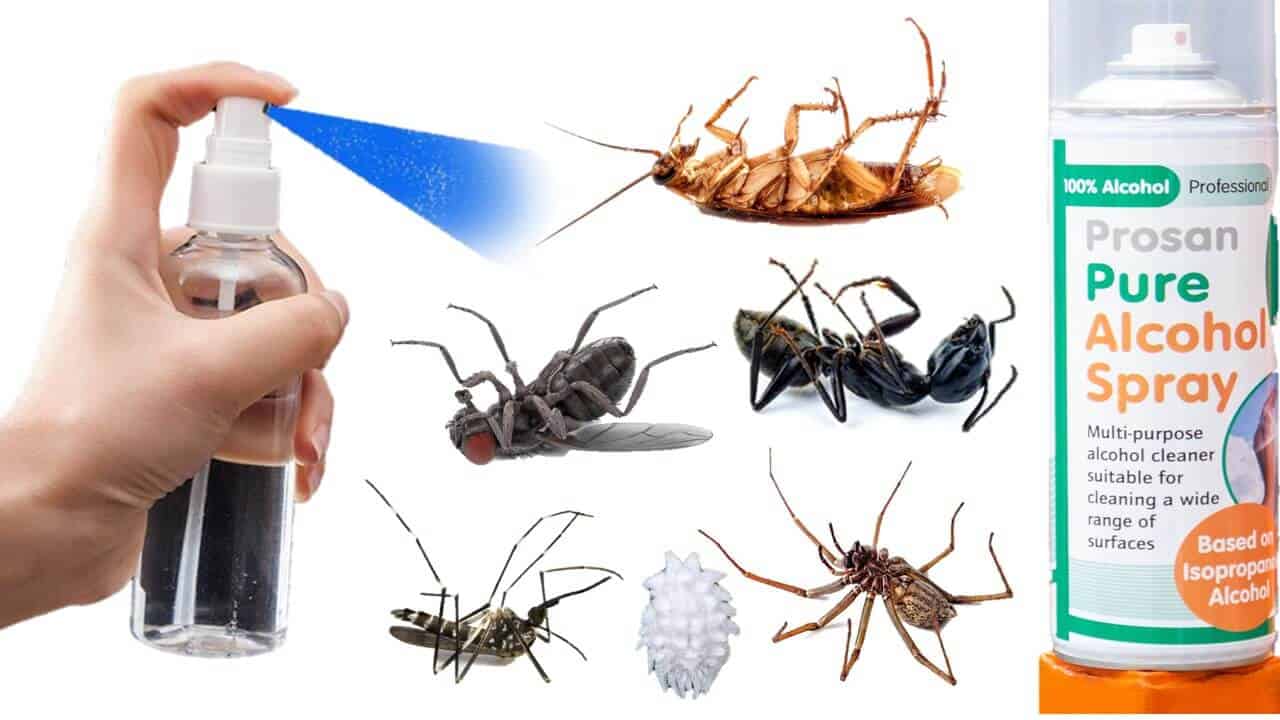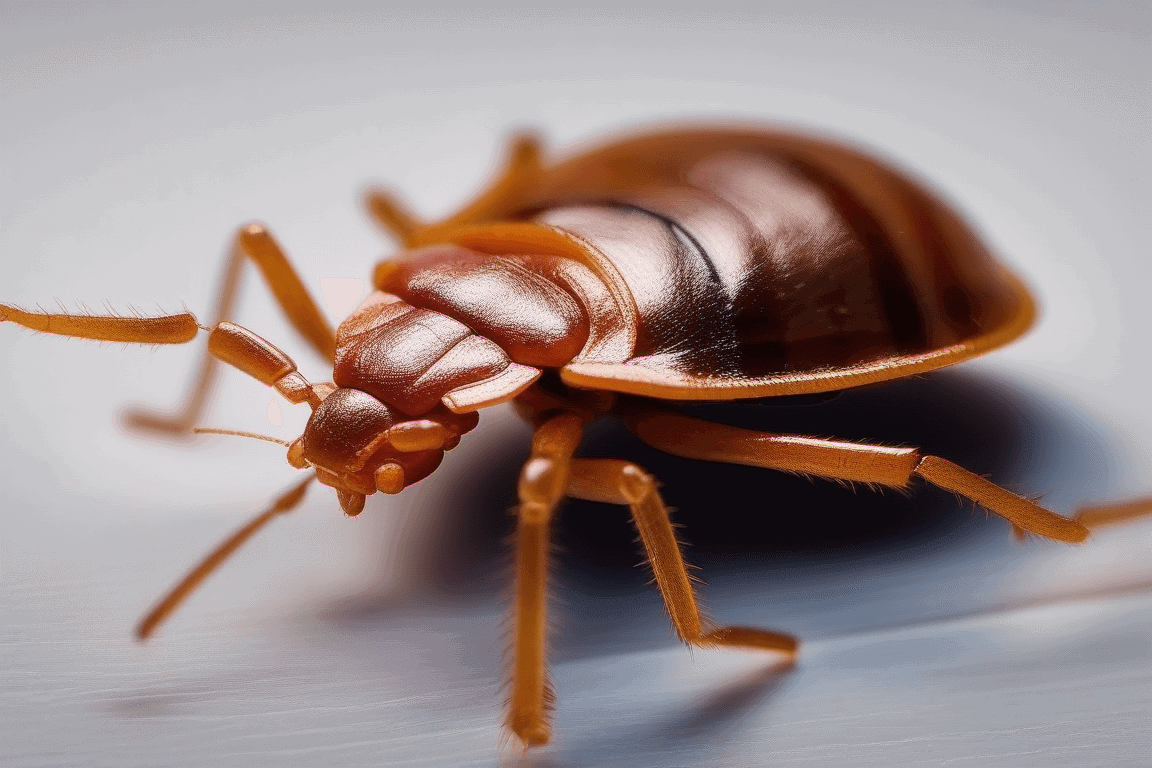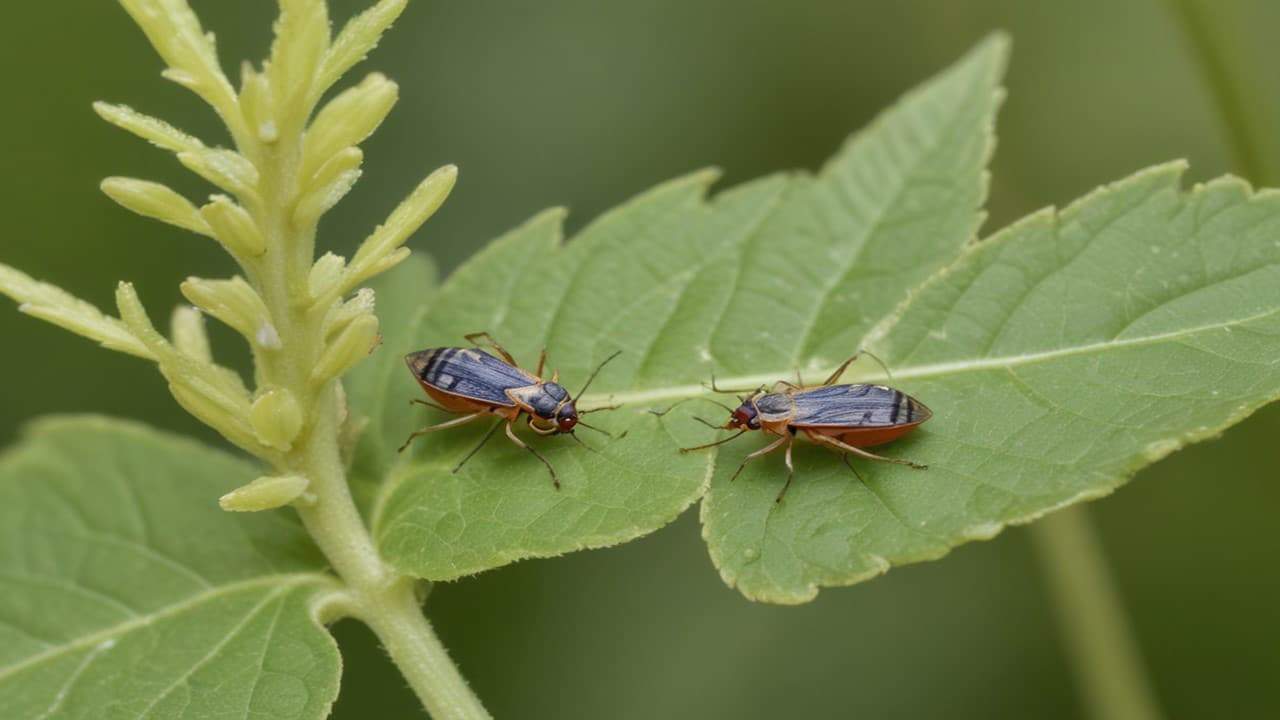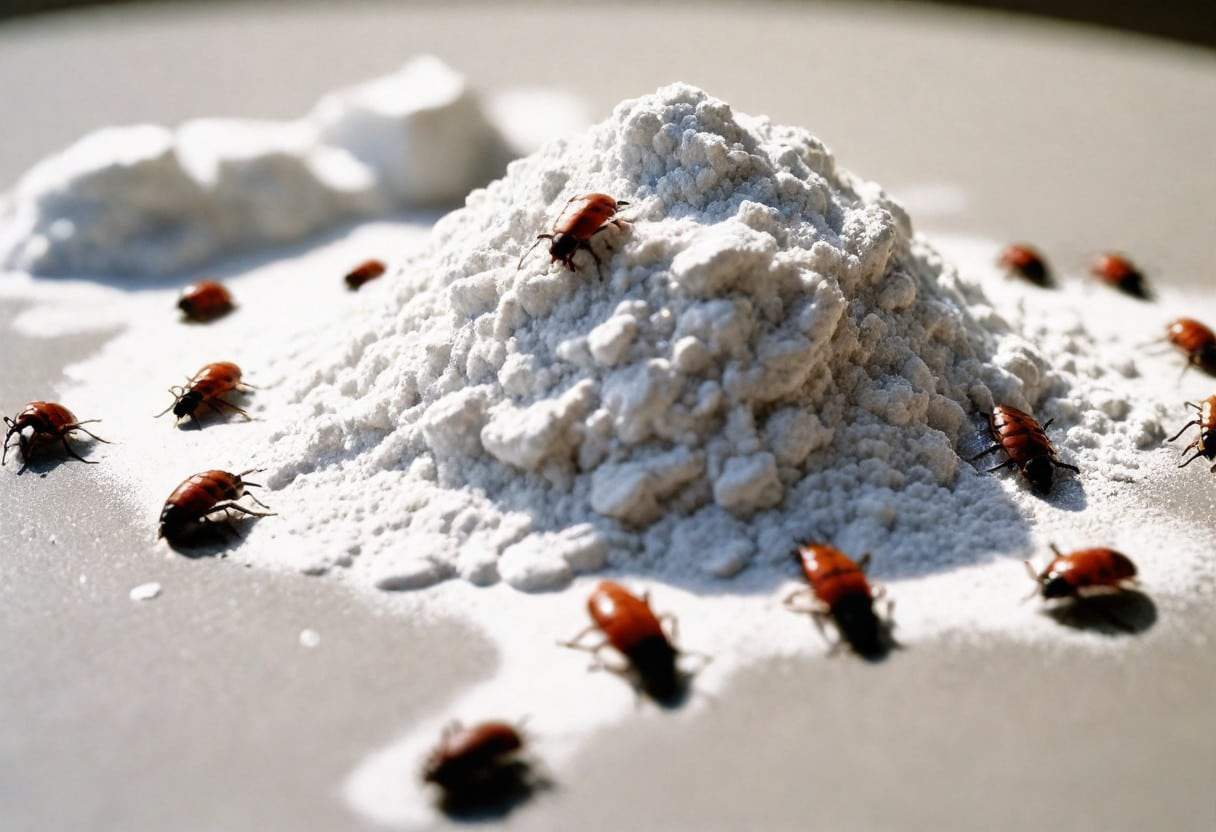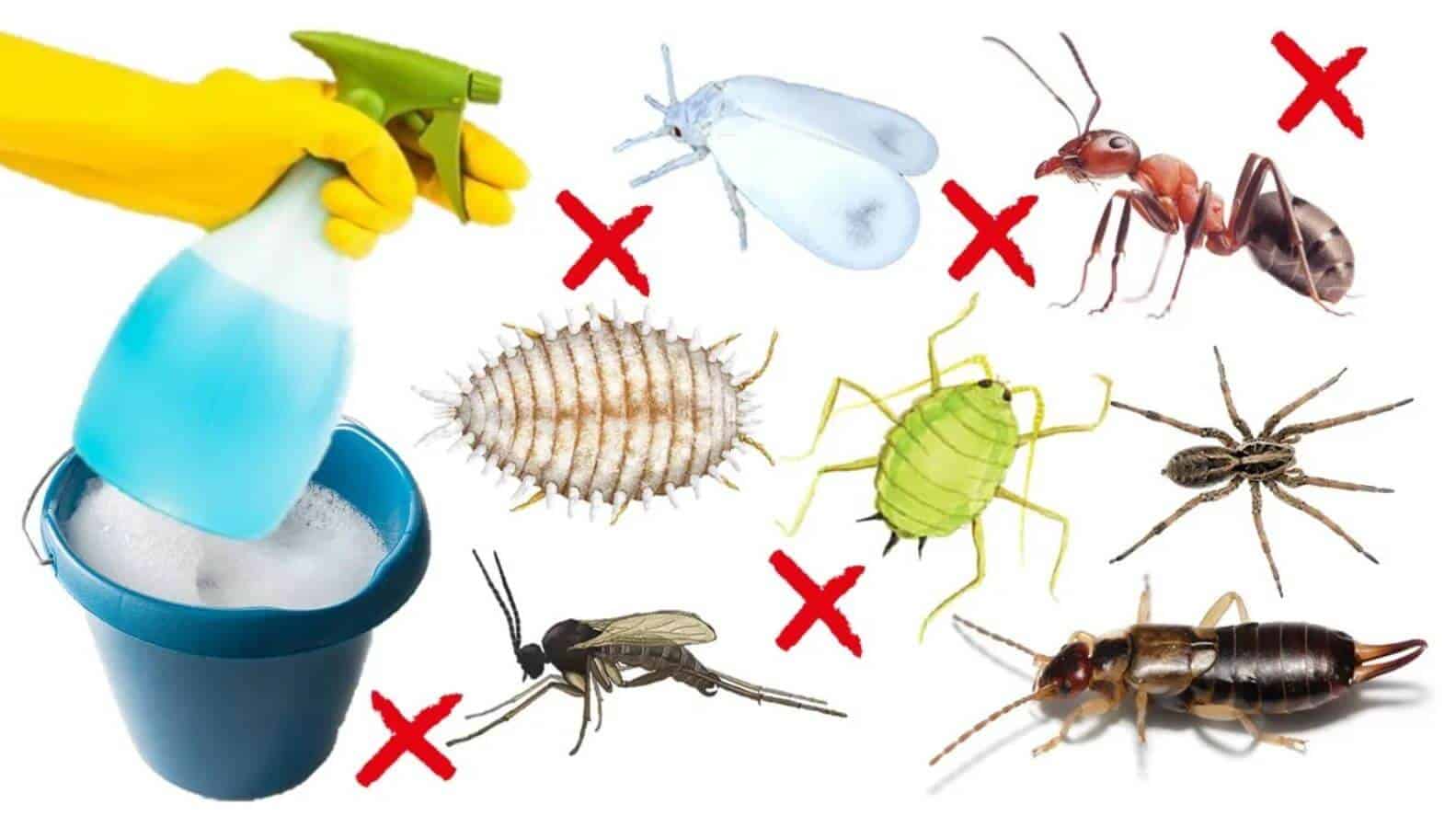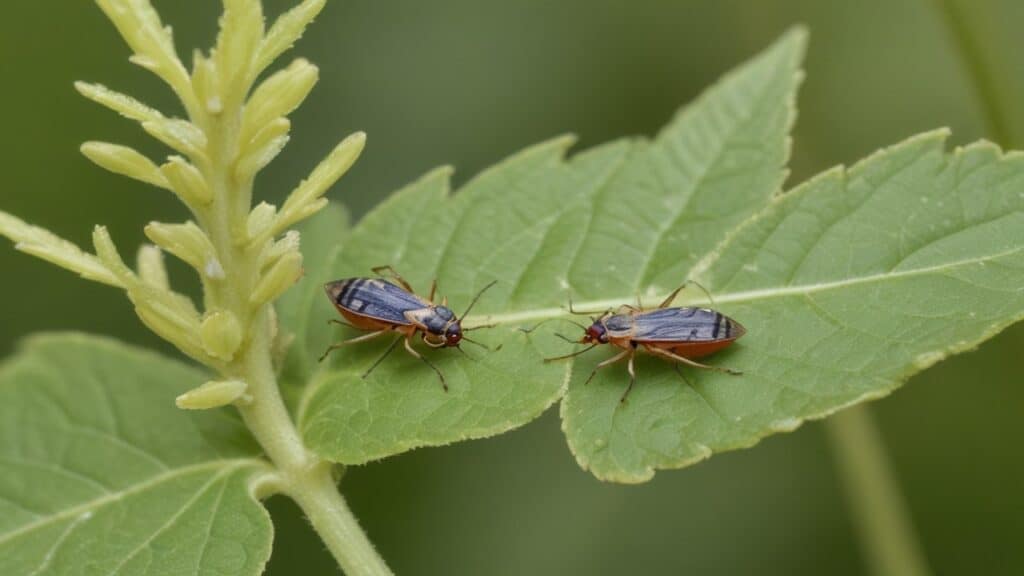Are pests ruining your peaceful day? Well, it’s payback time! Join us as we dive into the world of citrus-powered pest control in this informative video. Grab yourself a lemon (or a whole bunch) because we will show you how they can be your secret weapon against those annoying critters.
We’re talking DIY solutions using lemon or lemon juice that will make bugs regret ever entering your domain. Get ready for a zestful journey towards a bug-free haven! Watch now and show those uninvited guests who’s boss!
Table of Contents
What are Lemon and Lemon Juice?
Lemons are a zesty citrus fruit that packs a punch. They are delicious and refreshing but also incredibly versatile. Their vibrant yellow color exudes a sense of freshness and vitality.
With its smooth, glossy skin and oblong shape, lemons are visually appealing both on display in the grocery store and sitting pretty on your countertop. The acid within lemons gives them their tangy taste, making them an essential ingredient in countless culinary creations.
When you squeeze a lemon to extract its juice, you unlock a world of possibilities. Lemon juice is famous for its acidic properties due to the high concentration of citric acid. This acidity makes it an excellent natural cleaner for household purposes like removing stains or cutting through grease.
Beyond cleaning, lemon juice can enhance the flavor profiles of countless dishes and beverages. It adds brightness to salads and tanginess to marinades and can be a substitute for vinegar or other citrus juices in cooking. Besides, the citric acid in lemon juice is a powerful insect repellent.
Whether you are dealing with pesky mosquitoes, ants invading your kitchen, or even fleas on your pets, lemon juice can come to the rescue. Lemons repel insects and can help eliminate them.
The high acidity of lemons disrupts the nervous system of bugs and can kill them upon contact. Harnessing the power of lemon juice is a cost-effective and eco-friendly way to keep pests at bay.
What are Methods to Eliminate Pests with Lemon Juice?
1. Ants
Ants are tiny soldiers of nature that can infiltrate homes with astonishing speed and efficiency. But did you know that lemon or lemon juice can be your secret weapon in the battle against these pesky invaders?
Ants rely on scent trails to communicate and navigate, and the aroma of lemons can confuse and deter them. The strong citrus scent of lemon juice disrupts the ants’ scent trails, making it harder for them to navigate and find their way back to their colony.
Placing lemon peels or spraying a solution of lemon juice around entry points or along ant trails can disrupt their advance.
However, it’s not just the scent that repels ants; they also have an aversion to the acidity of lemons. Lemons possess natural antiseptic properties due to their high acidic content, which repels ants and destroys any microbes they bring into your home. So, using lemon as a deterrent helps keep ants at bay and maintains a clean and hygienic environment for you and your family.
To use lemon juice as an ant deterrent – mix equal parts of lemon juice and water in a spray bottle and spritz it onto areas where you’ve spotted ant activity.
Focus on entry points like window sills, door frames, and wall cracks. You can also soak some cotton balls in pure lemon juice and place them near ant trails or nests. The acidic nature of the lemon juice will repel ants and destroy their exoskeletons upon contact.
2. Moths
Many people consider moths a nuisance pest, but they are fascinating creatures with complex behaviors. These winged insects come in various sizes and colors, ranging from the tiny clothes moth to the majestic Luna moth.
Moths are primarily nocturnal creatures, implying that they are most active at night when they search for food and mates.
An interesting fact about moths is their exceptional navigation skills. They use celestial cues such as moonlight or star patterns to guide them on their nighttime journeys. Besides, moths can recognize specific wavelengths of light, such as ultraviolet light, which helps them locate flowers rich in nectar.
This adaptation allows them to be excellent pollinators and essential contributors to plant reproduction. Unfortunately for us humans, some species of moths have developed a taste for our clothing and fabrics.
Clothes moths lay their eggs on natural materials like wool or fur and then feed on these cloth items during the larval stage. However, there is good news: lemon juice can alleviate this problem!
The strong scent of lemon is a natural repellent against clothes moths due to its high citric acid content. So you can use lemon as a cleaning agent or air freshener and an effective means of warding off these pesky pests! Mix it with water and spray on areas that harbor moths.
3. Fleas
Fleas are tiny blood-sucking parasites that make pets itch and leave red, itchy bites on human bodies. These pests are a common nuisance in homes around the world.
Lemon juice contains limonene, a natural compound with powerful insecticidal properties. When applied to your pet’s fur or used as a cleaning agent around your house, lemon juice can repel and kill fleas.
Besides, the citrus aroma of lemon is a deterrent for these pests. To utilize the power of lemons against fleas, you can make a flea spray.
Mix equal parts water and freshly squeezed lemon juice in a spray bottle and use this solution to treat your pet’s bedding, carpets, and furniture—any areas where you suspect fleas may be hiding.
Add some drops of lemon essential oil to your pet’s shampoo or apply diluted lemon juice directly on their fur to create extra protection against these pesky insects.
4. Aphids
Aphids are tiny pear-shaped insects that multiply overnight and can wreak havoc on your precious plants. These pesky intruders feed on the sap of plants, causing wilting, stunted growth, and even death if left untreated. But did you know that lemon juice is a powerful weapon in your fight against aphids?
The acidic nature of lemons repels these insects and disrupts their feeding patterns, making them less likely to infest your precious greens. Mix equal parts of lemon juice and water in a spray bottle and apply it to the affected plants.
The strong scent of lemon will ward off aphids while keeping your garden smelling fresh. On top of that, lemon juice has a high vitamin C content. Just like humans need a healthy dose of vitamins to stay strong and fight off illnesses, plants also benefit from an extra boost of nutrients.
Giving your vegetables or flowers a spritz of lemon juice mixed with water can deter pests and provide much-needed nourishment for healthier plant growth.
5. Leaf beetles
Leaf beetles are a common pest that can wreak havoc on your plants or crops, causing significant damage to the foliage. These insects may appear harmless with their vibrant colors and distinct body shapes. However, they possess a formidable appetite and can multiply fast.
They have evolved various defense mechanisms to protect themselves from predators. Some species of leaf beetles secrete toxic chemicals when threatened, while others use their strong hind legs to jump away quickly.
This adaptability helps them survive in diverse environments and poses a challenge for those trying to control these pests. Lemon juice can be highly effective in combating leaf beetle infestations naturally.
The acidic nature of lemons is a deterrent for leaf beetles due to their unpleasant taste and smell. Moreover, lemon juice possesses antimicrobial properties that can help prevent bacterial infections from the activities of these pests.
Incorporating lemon into your pest management strategy can repel leaf beetles and promote plant health.
6. Ticks
Ticks are tiny, blood-sucking pests that can cause problems for humans and pets. While they may seem harmless, ticks carry Lyme disease and Rocky Mountain spotted fever.
This challenge makes it crucial to eliminate them quickly. A natural remedy that has gained popularity is using lemon juice as a tick repellent.
It turns out that ticks have an aversion to citrus smells, including the scent of lemon. The acidic nature of lemon can kill these pests on contact.
Mix freshly squeezed lemon juice with equal water in a spray bottle to make your tick-repellent spray. Shake and apply this mixture to affected areas.
7. Mosquitoes
When dealing with pesky pests, mosquitoes are at the top. These tiny insects can turn a peaceful evening in your backyard into an itchy nightmare. Lemons contain citric acid, a mosquito repellent, making it an excellent and affordable option for keeping these unwanted guests away.
You can create your homemade mosquito repellent by mixing equal parts lemon juice and water in a spray bottle. Apply this solution to your surroundings outdoors, and you’ll be much less likely to be bothered by mosquitoes.
In addition, mosquitoes are attracted to standing water because they use it as breeding grounds for their eggs. Apply lemon juice around areas prone to stagnant water, such as bird baths or puddles in your yard.
This way, you will deter mosquitoes from laying their eggs there. The acidic nature of lemon juice disrupts the pH balance needed for mosquito larvae survival, thus preventing mosquitoes from multiplying in these areas.
CONCLUSION
Lemon juice is a refreshing addition to your drinks and meals and a powerful weapon against pests. From repelling ants and mosquitoes to removing pesky stains left by these pests, lemon has proven its worth in the battle against unwanted intruders.
Next time you see a trail of ants marching into your kitchen or find evidence of a beetle invasion, reach for a lemon or some lemon juice and arm yourself with nature’s pest deterrent. It’s time to show those pests who’s boss, one squeeze at a time!
